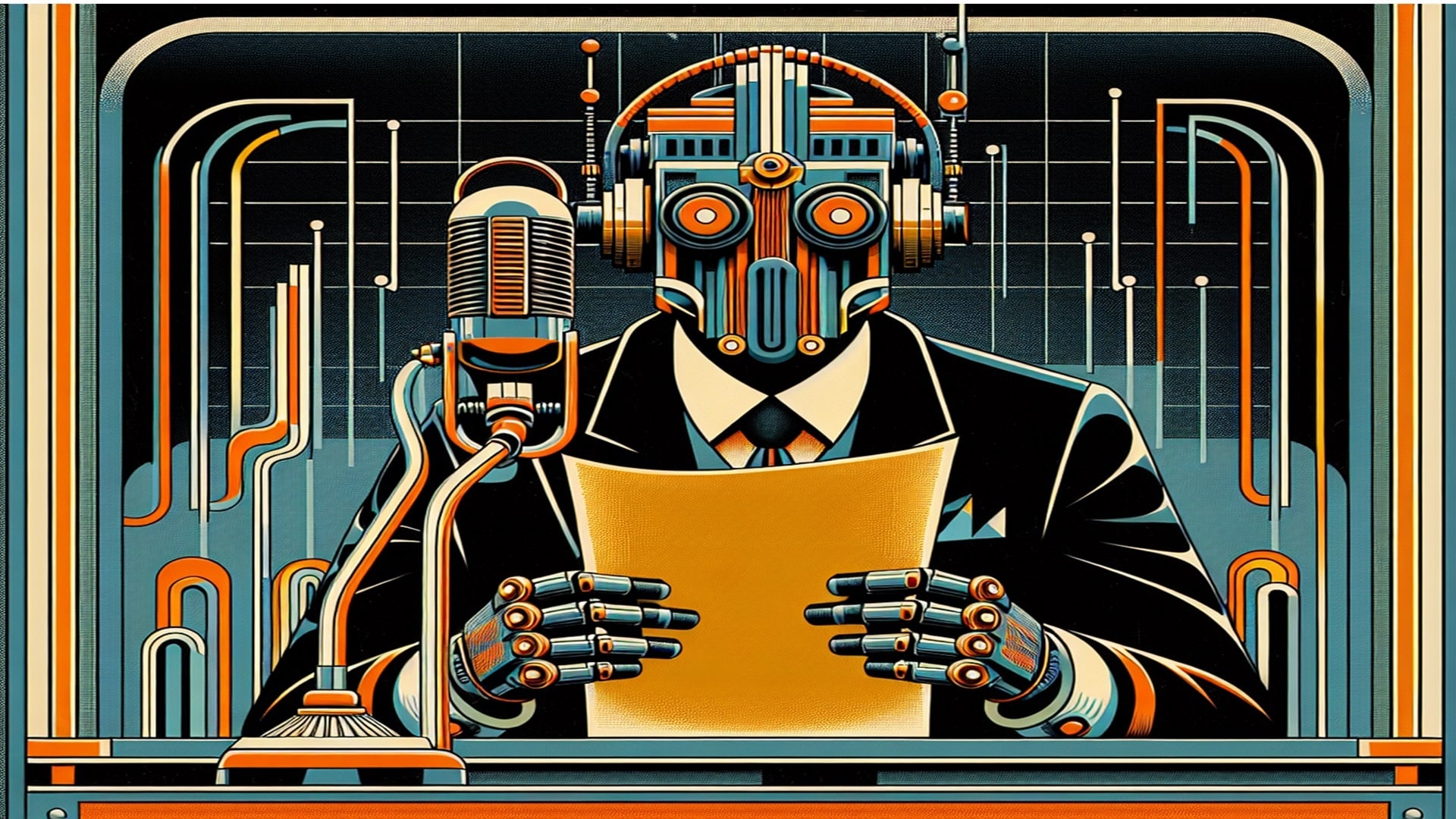The global financial services sector has revolution thanks to Artificial Intelligence. The industry has recently relied on technology to support data aggregation, security, goods, and services.
When AI technology first came out, getting insights as its primary goal. Since then, AI has expanded to include fraud detection, consumer identity, and other forms of verification in the finance sector.
Role Of AI In the Financial Industry
Robotics and AI are used in banking to automate and enhance numerous business processes. The banking industry can now develop a more individualized strategy at scale and improve the customer experience because AI and ML have already created a better grasp of client behaviors and preferences. The firm will probably continue to move toward rapid machine learning to improve human impact.
In the future, the finance sector will emphasize this aspect of AI even more. In the finance industry, offering a more unique and intimate consumer experience is advantageous.
The key to providing these functionalities is AI. It could take the shape of personal loan deals depending on various criteria. Customers are no longer required to choose items off the shelf. Individuals instead have access to particular offers that are tailored to their needs.
Another new development is financing programs that use AI. AI-assisted portfolio management and retirement planning can produce individualized, intelligent investment plans.
Artificial Intelligence And The Future Of Financial Services
The following are a few ways AI is playing a pivotal role in transforming the financial sector:
Risk Assessment
Since the entire foundation of AI is learning from past data, it only seems sensible that AI would flourish in the financial services industry, where keeping books and records is a given for businesses. Consider the use of credit cards as an example. Today, we utilize credit scores to determine who is and is not eligible for credit cards.
However, it is not always advantageous for businesses to divide people into “haves” and “have-nots.” Instead, information about a person’s loan repayment patterns, the number of loans that are still open, the number of credit cards that person has already, etc. can be used to tailor the interest rate on a card so that the financial institution issuing the card feels more comfortable with it.
Fraud Management And Detection
Every company strives to lower the risk factors that surround it. This holds for financial institutions as well. Since the loan you receive from a bank is essentially made with someone else’s funds, you are also compensated with interest on deposits and earnings on investments. This is another reason why fraud is treated severely by banks and other financial organizations.
When it comes to security and fraud detection, AI is on top. It can leverage historical spending patterns across various transaction instruments to unexpected flag activity, such as using a foreign card shortly after it has been used elsewhere or an effort to withdraw money in an unusual amount for the account in the issue.
The system has no qualms about learning, which is another excellent aspect of AI fraud detection. The algorithm can learn from the experience and make even more complex judgments about what can be called fraud and what cannot if it raises a red flag for a routine transaction and a person corrects it.
Trading
Investment firms have turned to computers and data scientists to predict future market trends. Trading and investing as a field rely on having correct future predictions. Machines excel at this because they can quickly process extensive data. Additionally, trends in historical data can be used to train machines to recognize patterns and forecast when such patterns recur.
While there are abnormalities in data like the financial crisis of 2008, a machine can be trained to analyze the data to locate ‘triggers’ for these anomalies and plan for them in future predictions.
Additionally, AI can recommend portfolio solutions based on each person’s risk tolerance.
Therefore, an individual with a high tolerance for risk can rely on AI to decide whether to buy, hold, and sell stock. When the market is predicted to collapse, those with a lower risk tolerance can sign up for notifications and decide whether to stay involved or exit the market.
Financial Advisory Services
The PWC Report predicts that there will be an increase in Robo-advisors. Machines might do what people don’t work for a single down payment as pressure mounts on financial institutions to cut the commission rates on individual investments.
Bionic advising combines computer calculations and human intuition to deliver options that are significantly more effective than what their components provide, which is another field in transition.
Cooperation is essential. It is insufficient to consider a machine as an add-on or, on the other end, as an annoying guru. The future of financial decision-making requires a good balance and the capability to regard AI as a component in decision-making that is as significant as the human viewpoint.
Finance Management
As we move farther into the future, we can envision AI helping us to handle our finances. Managing funds in this connected and materialistic world can be difficult for many.
One of the most recent advancements in the AI-based Wallet is PFM (personal financial management). A San Francisco-based firm called Wallet employs AI to create algorithms that assist users in choosing wisely while they are spending their money.
The Wallet’s concept is pretty straightforward; it just compiles all the information from your online footprint and generates a graph of your spending. Internet privacy invasion proponents may find it distasteful, but perhaps this is the future.
So, to save time from creating lengthy spreadsheets or writing on a piece of paper, it must be the preferable method of personal financial management. AI promises to be a watchdog for managing funds in the future, starting with little investments and working their way up to larger ones.
Conclusion
Wide-range of changes are being made in the finance industry thanks to Artificial Intelligence. The changes are so radical that it’s possible that the finance industry as we know it now won’t exist in a few years.
Better learning algorithms, interpretable systems, and a shorter time to value will be made possible by scalable, accountable, and intelligent AI. Businesses will start to demand a lot more from AI systems and need to figure out how to scale the technology, which has been difficult so far.







































































